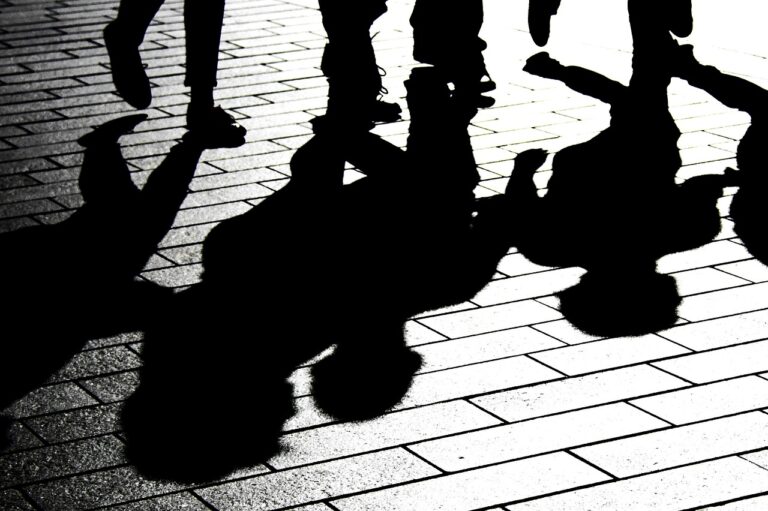Just as the shadow represents the unacknowledged aspects of ourselves (fears, desires, and insecurities) that we deem undesirable or socially unacceptable, we often project these elements onto others. For instance, when married people judge divorcees, they are actually projecting their own fears onto them.
The collective shadow magnifies the “personal shadow,” encompassing all the commonly rejected traits within a society or culture. This manifests itself as societal taboos, unspoken social norms, and ideologies.
Expanding on the earlier example, if a majority of society shares the same fear, a culture may emerge that condemns divorced people and shuns them.
Conversely, the collective shadow also influences the personal shadows of individuals, thus reinforcing and integrating those ideologies into the culture, thereby strengthening them.
“negative emotions like hatred and resentment, are easy to engage with, and they are engaging. Plus they have this feeling of self righteousness that goes along with them.”
Jordan B Peterson – Biblical stories ep07.
This is why personal shadows can easily evolve into the culture and the collective shadow under the right circumstances. Consider post-WWII Germany, when poverty and misery affected the nation, particularly a sense of defeat. People sought a scapegoat, making it easier to assimilate Hitler’s shadow and attribute all the misfortunes to others (Jews, gypsies…), rather than self-reflection and learning from past mistakes.



